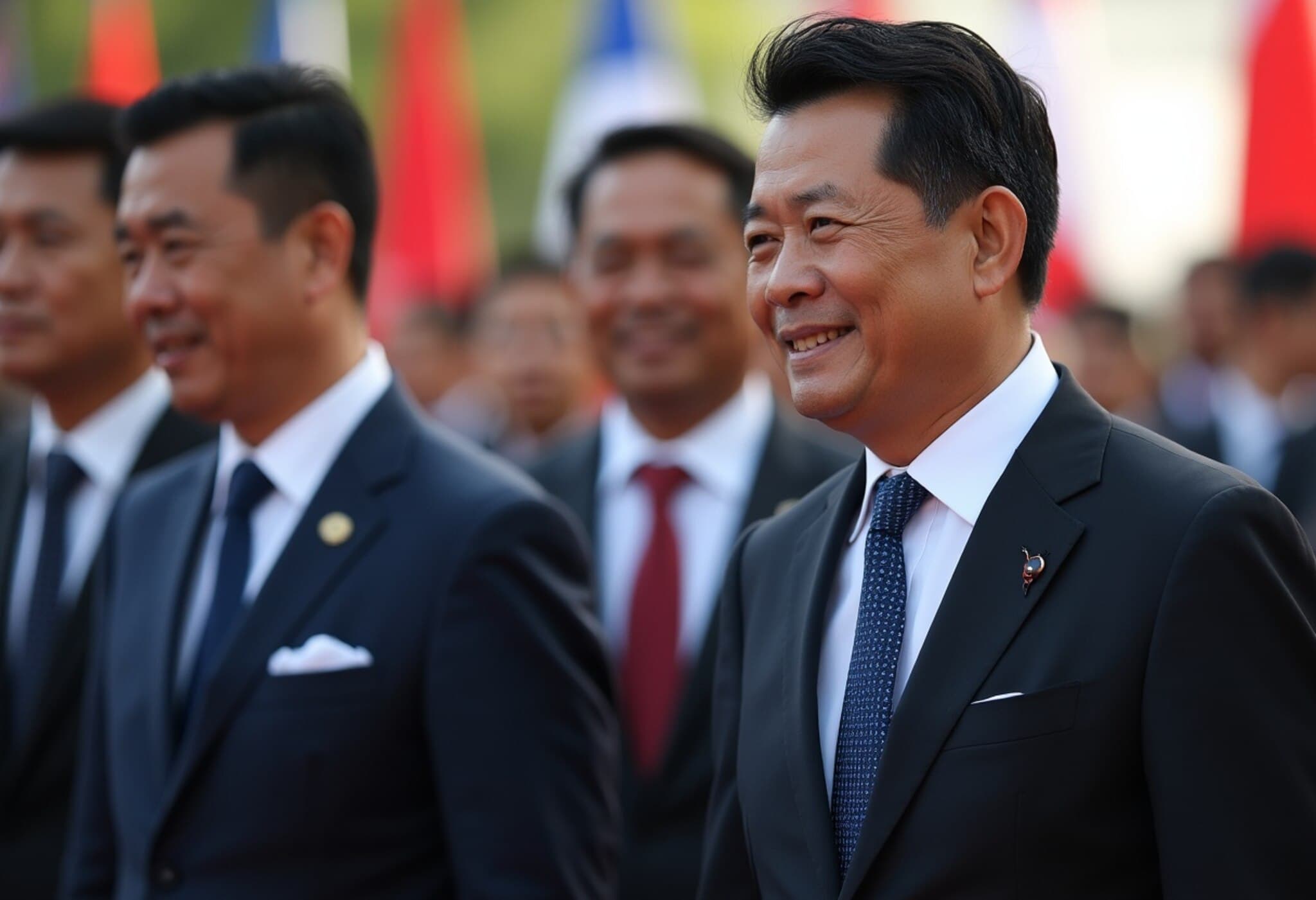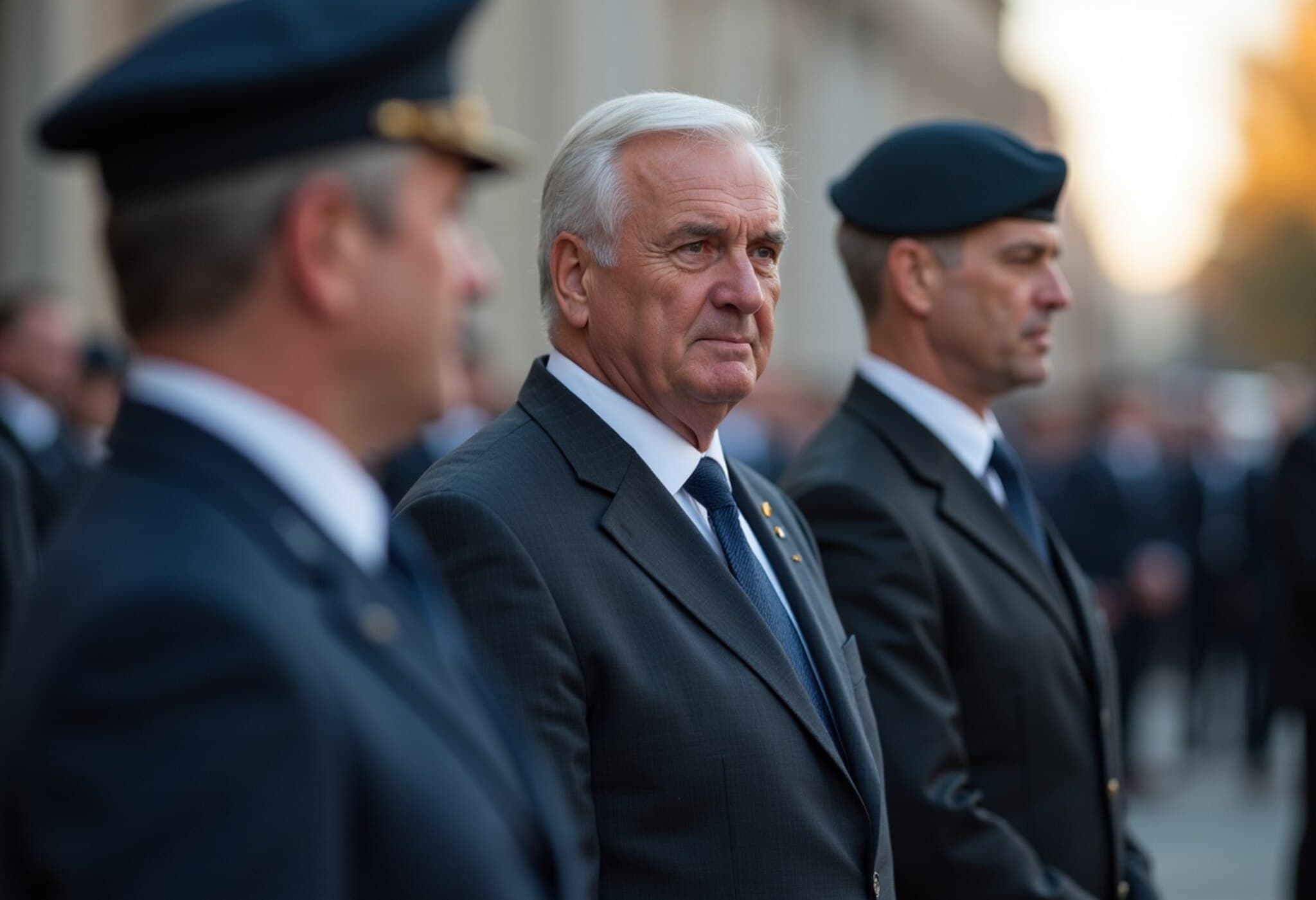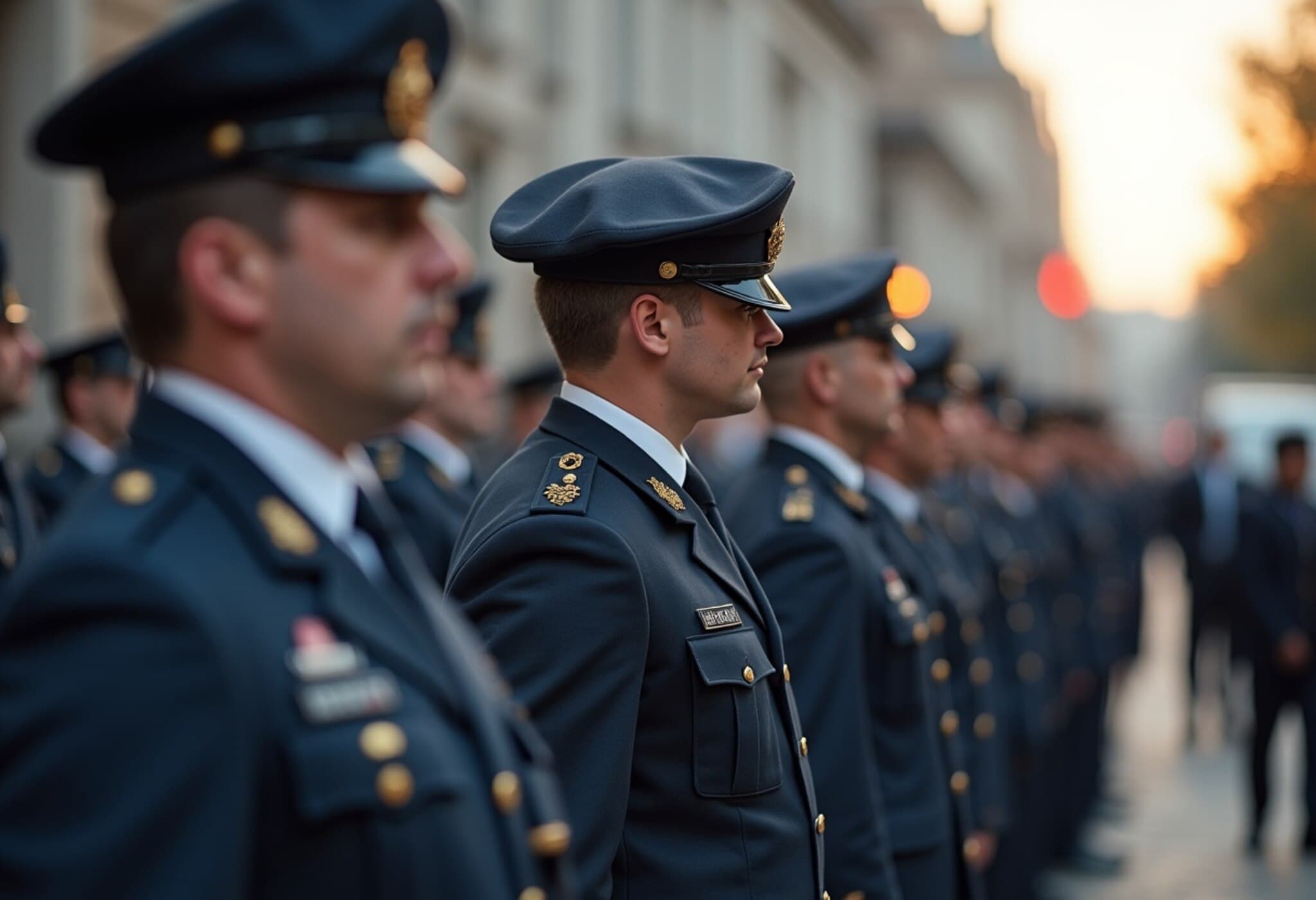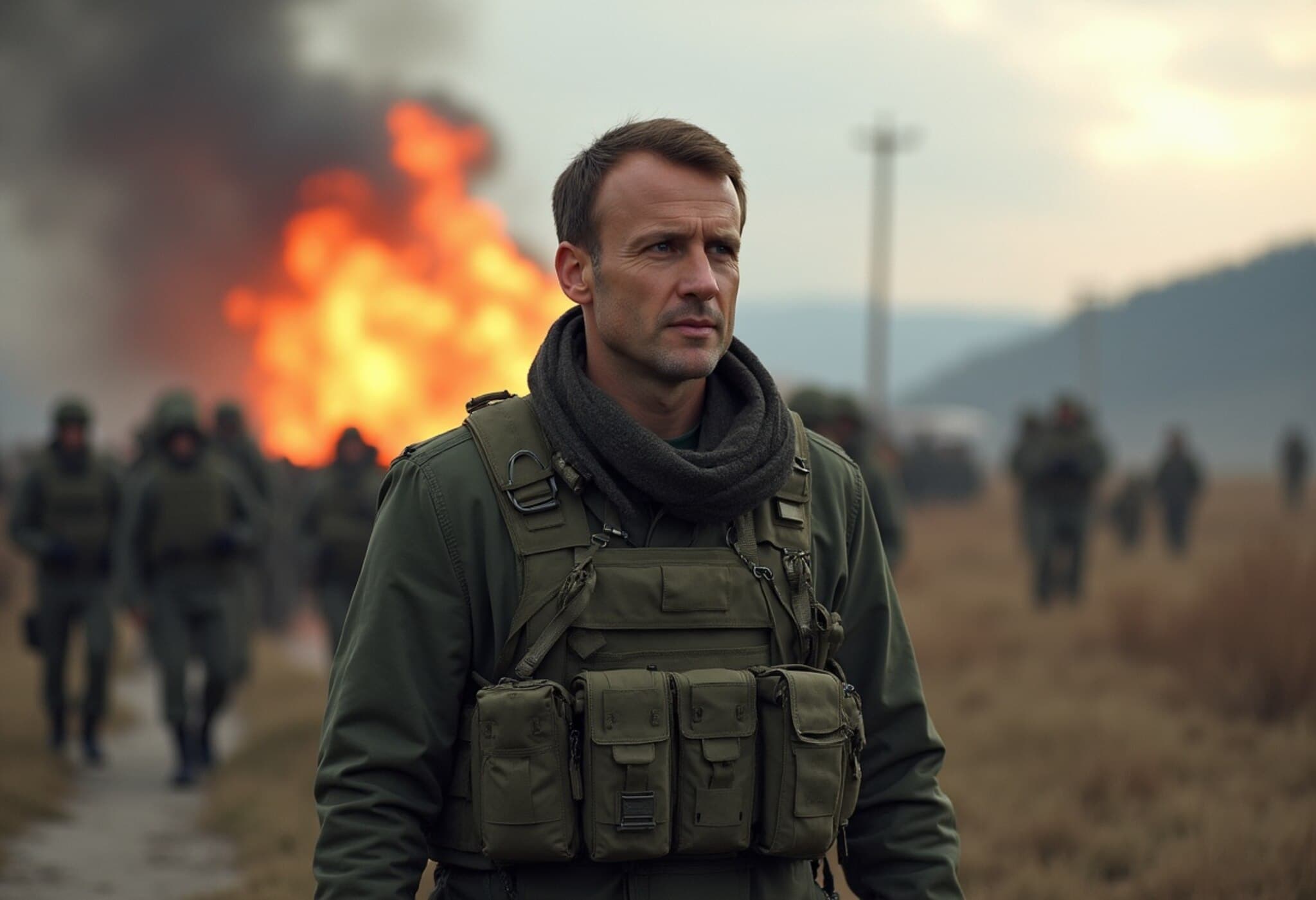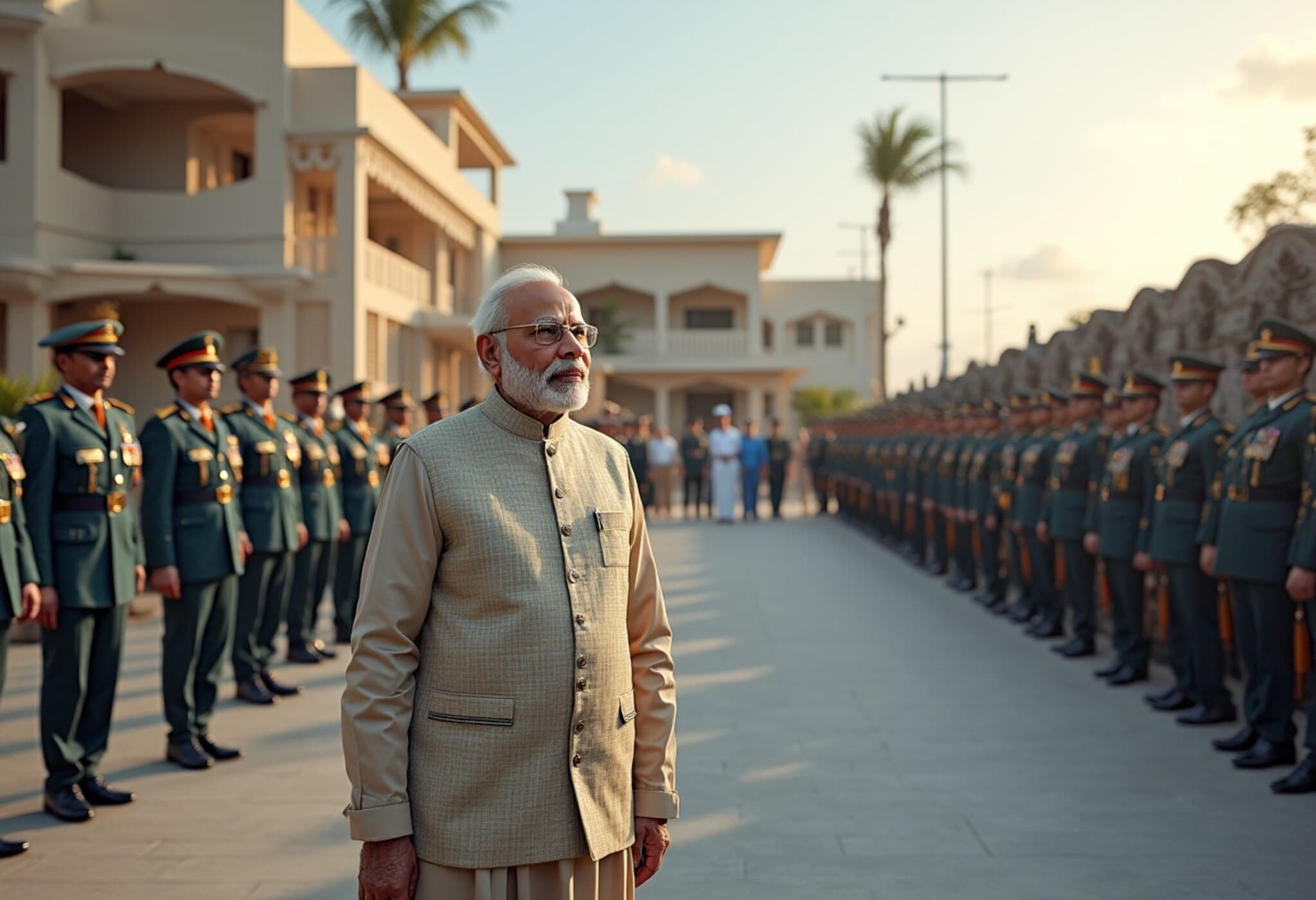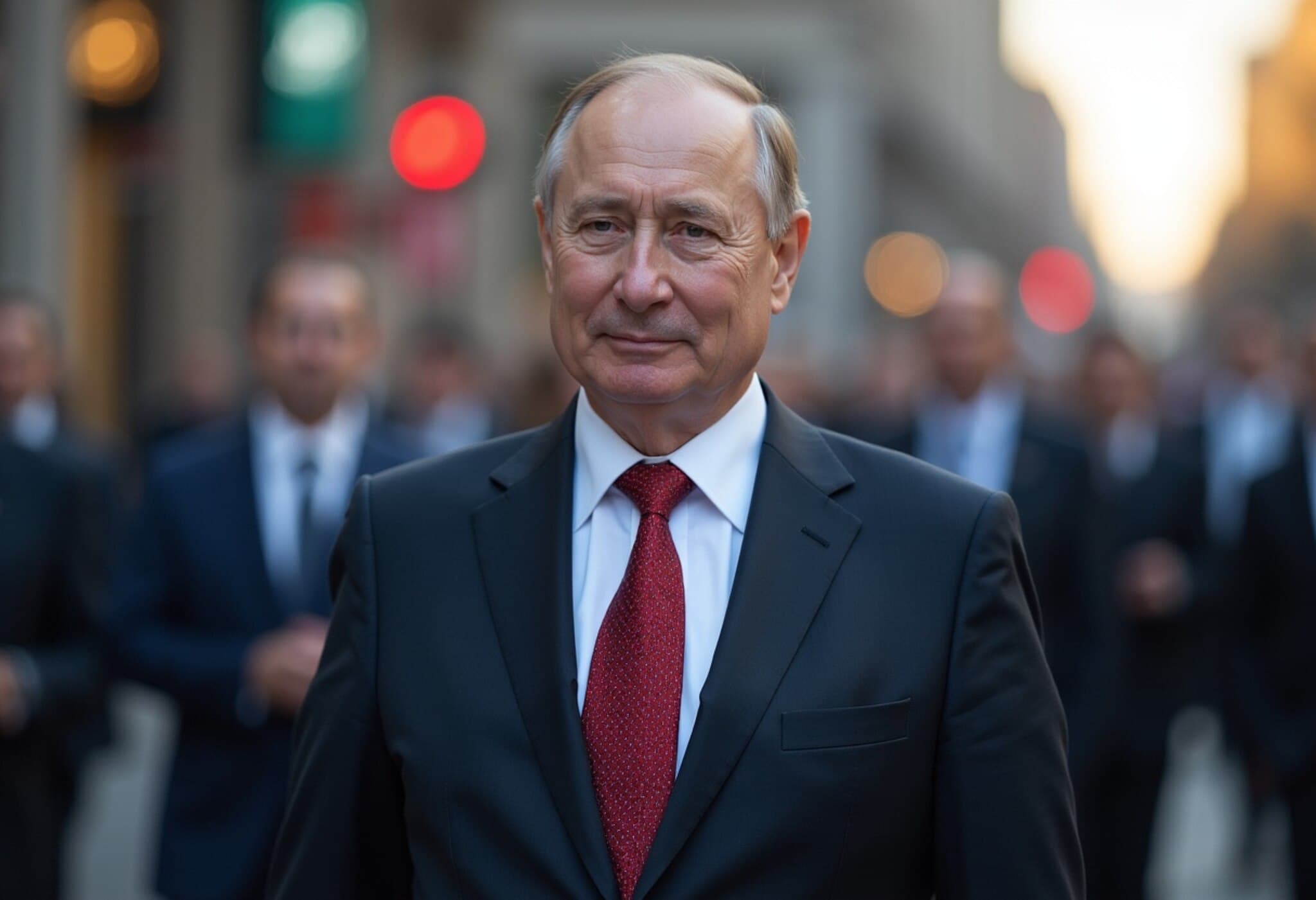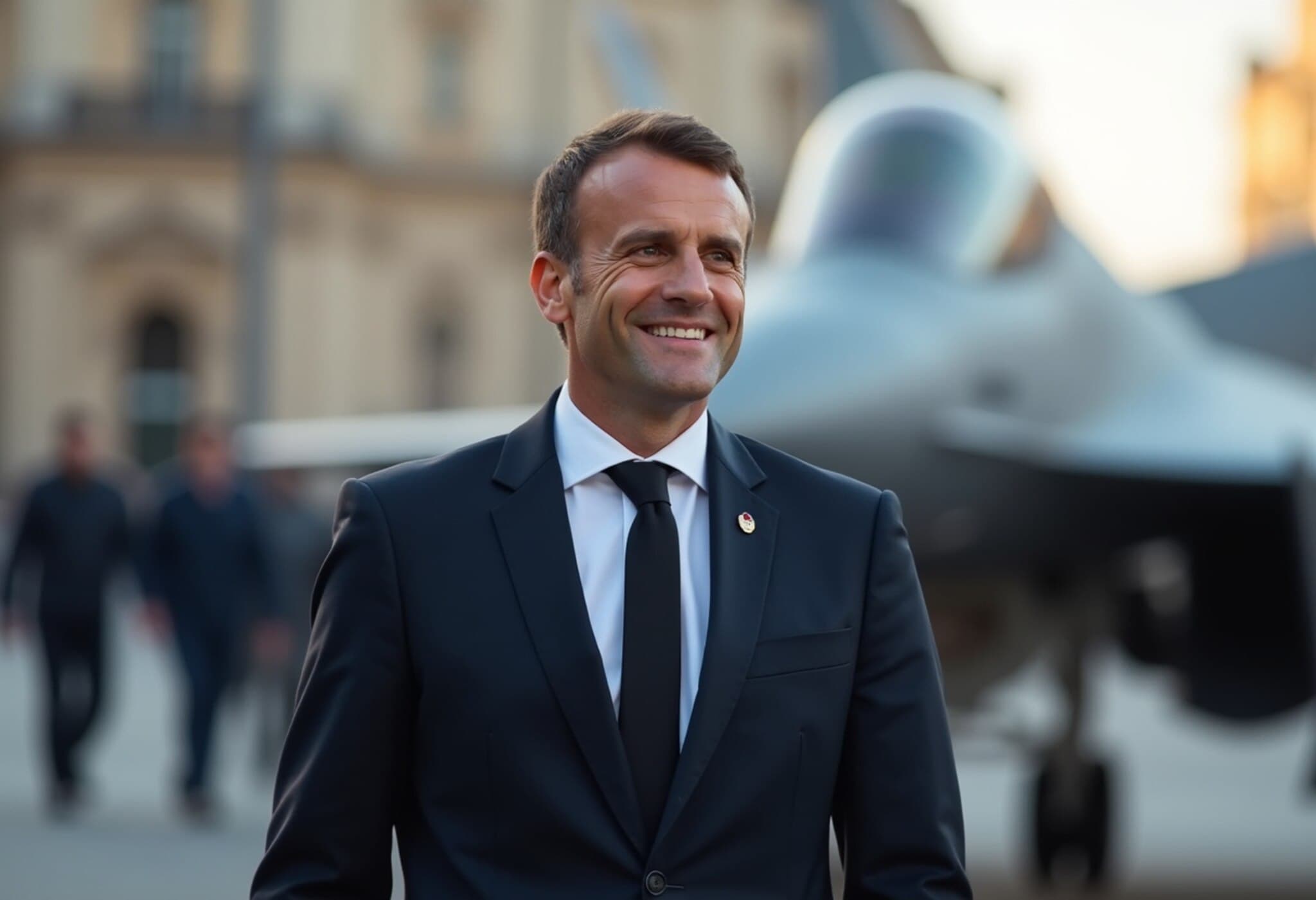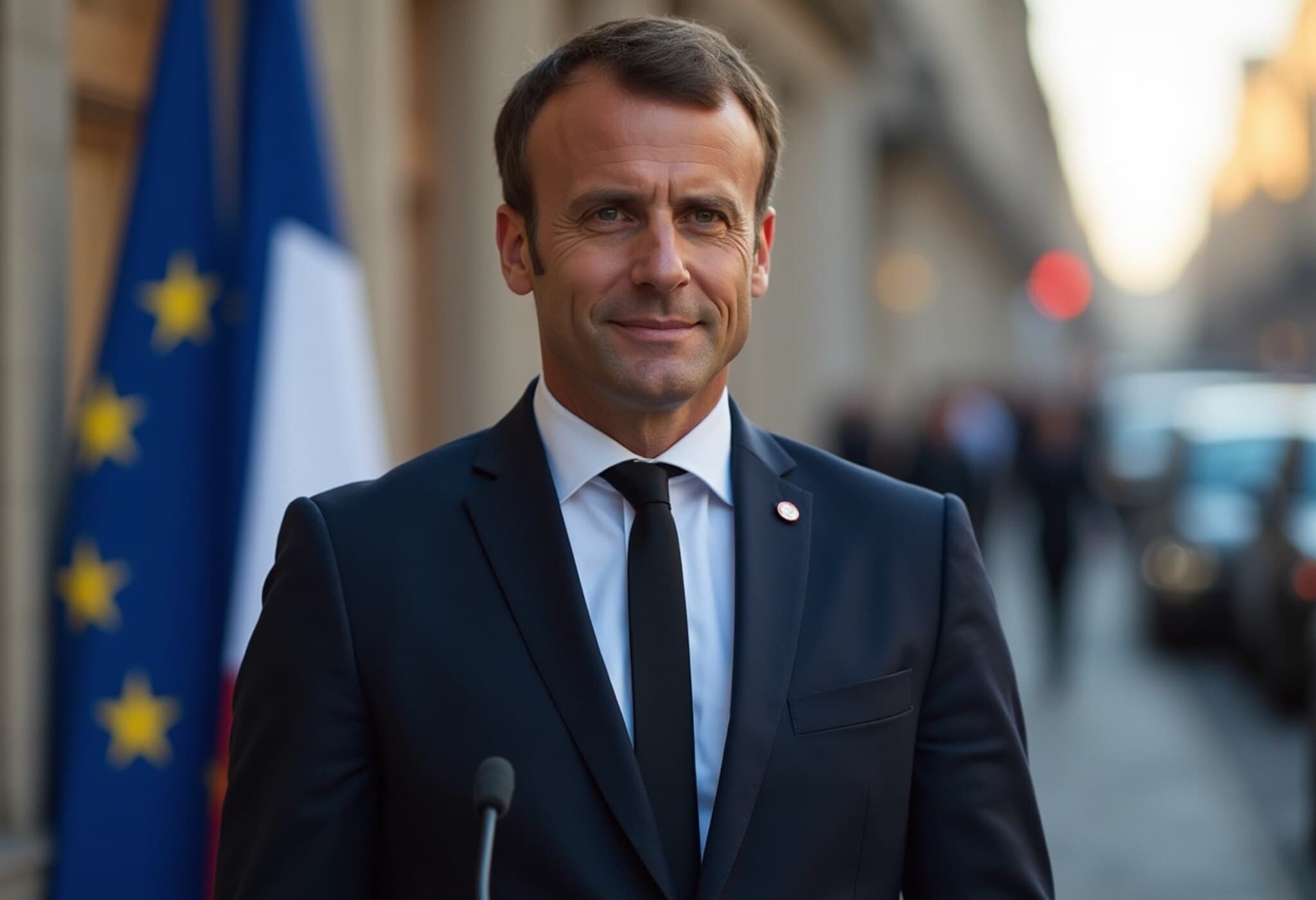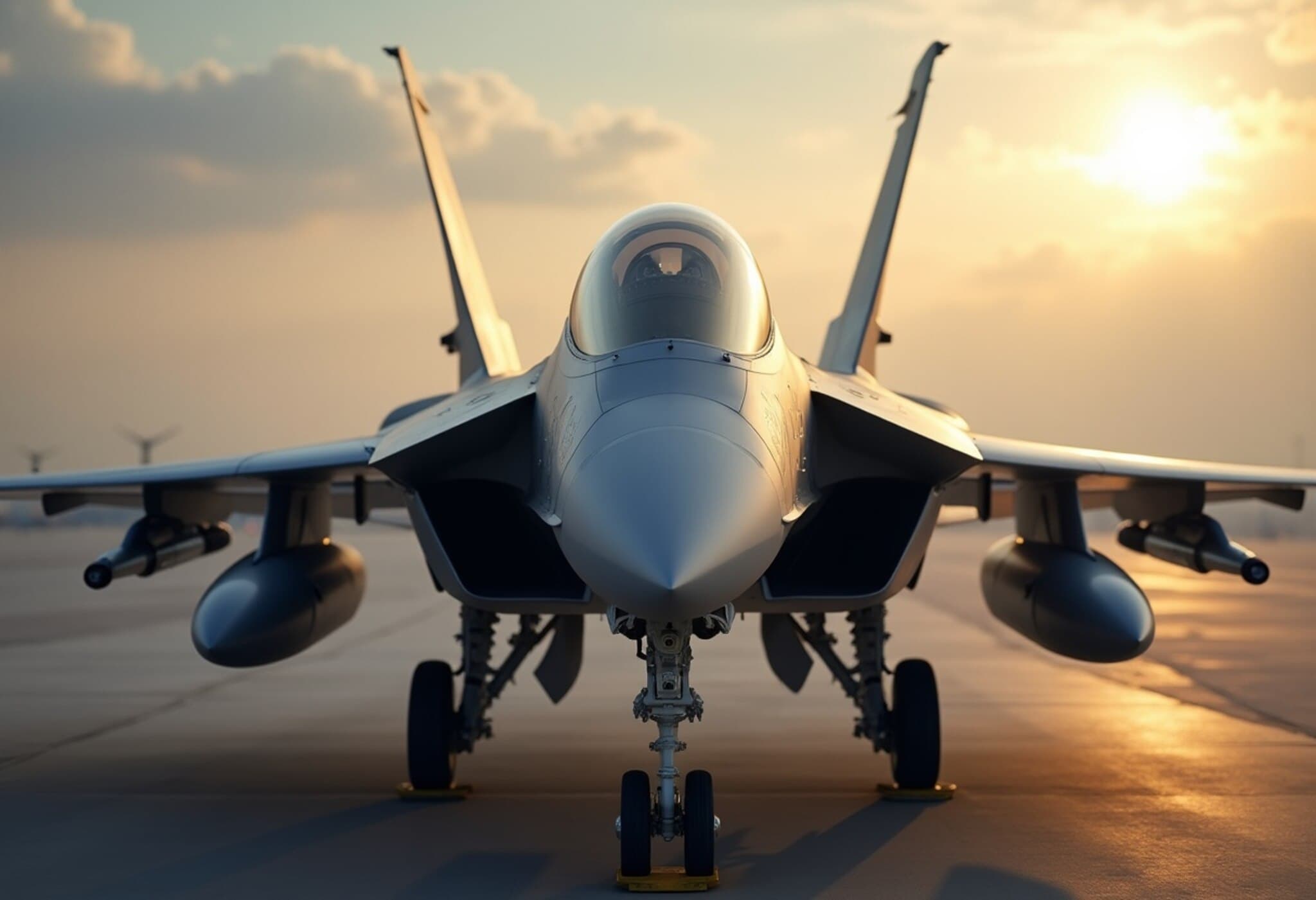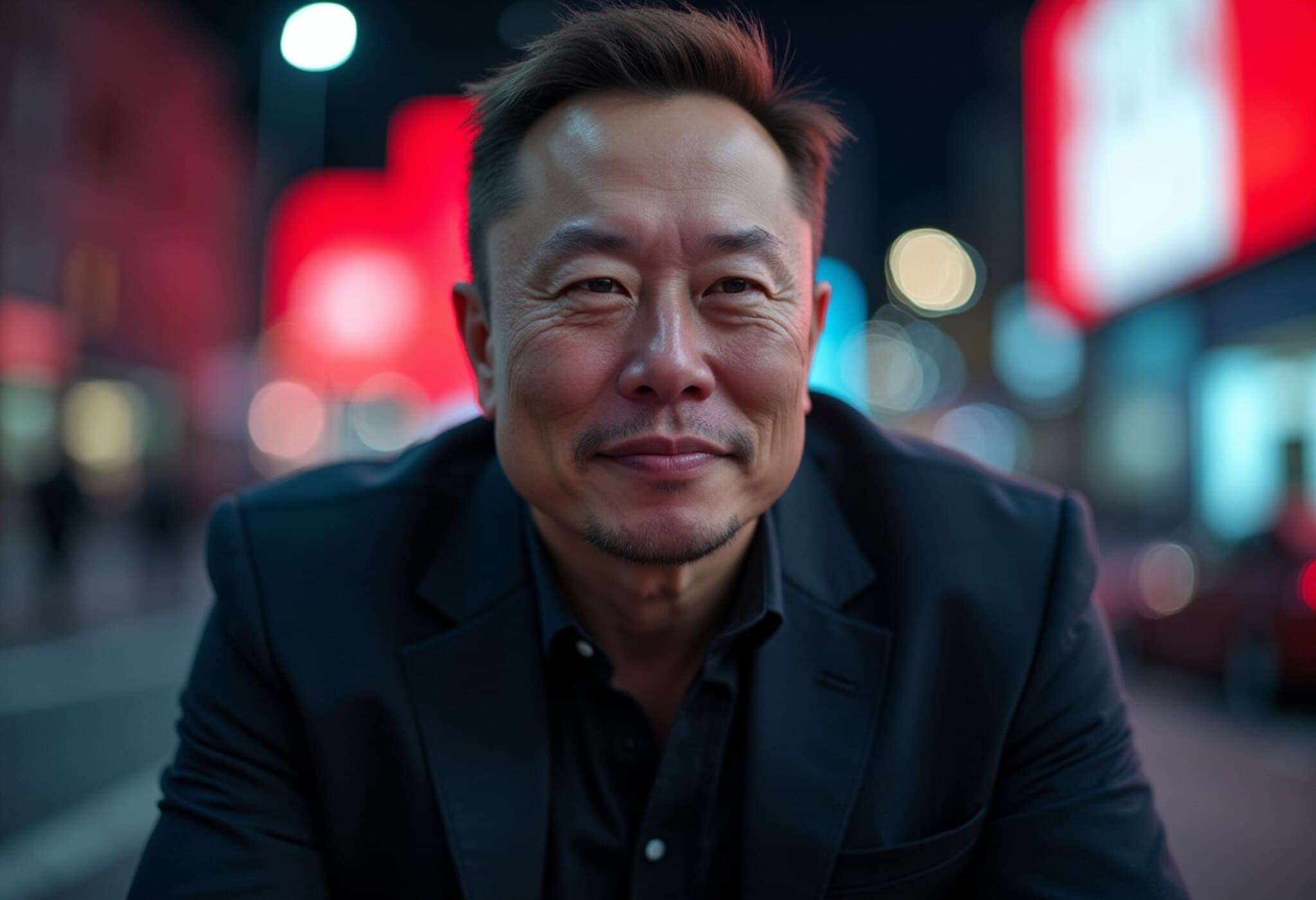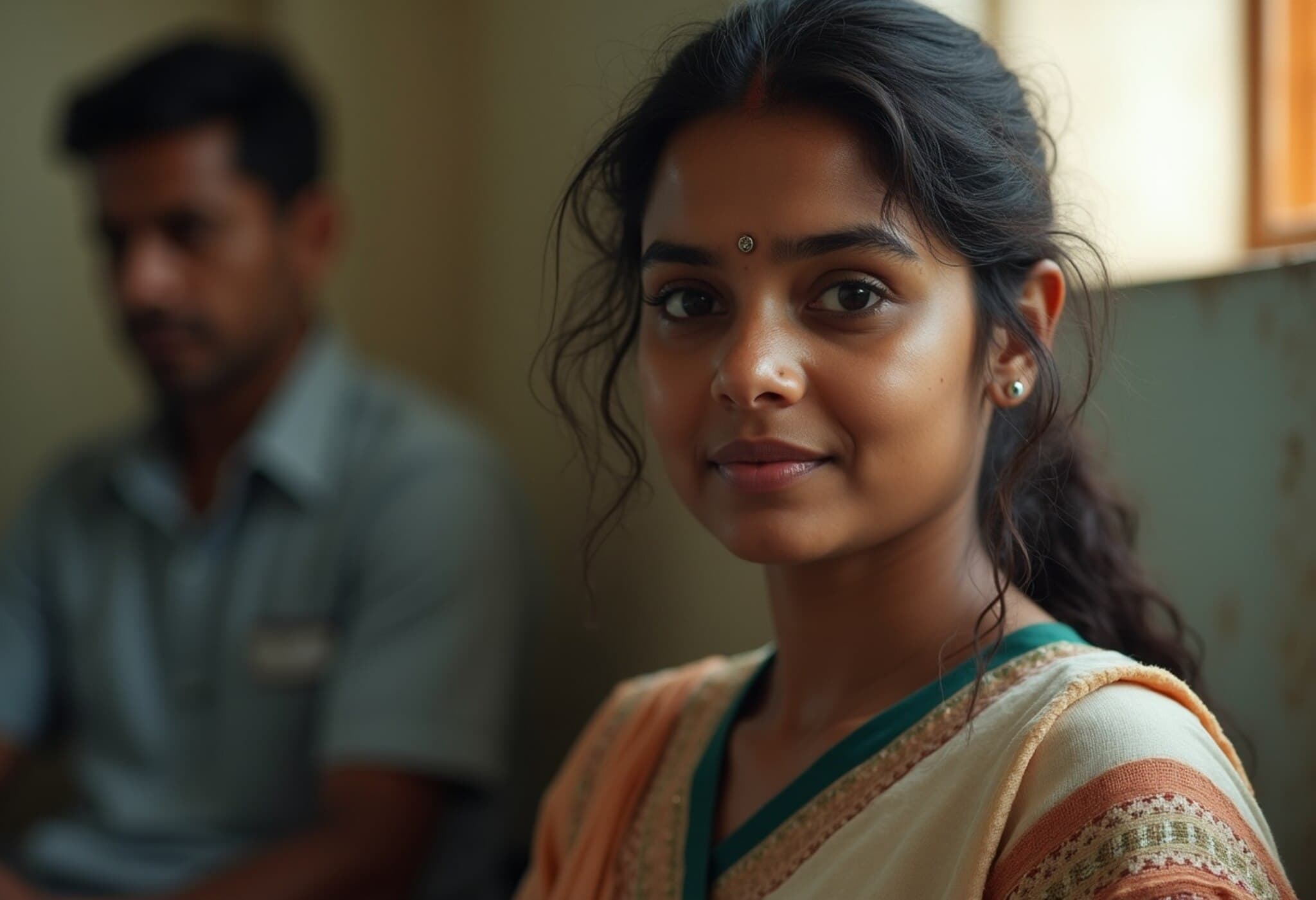Indonesia’s President Prabowo Strengthens Ties with France on Bastille Day
On July 14, 2025, Indonesian President Prabowo Subianto was a distinguished guest at France’s iconic Bastille Day celebrations, spotlighting the growing strategic partnership between the two nations. This visit marks a significant moment in deepening defence cooperation and expanding economic and geopolitical collaboration amid shifting regional dynamics.
France’s Defence Ambitions and Indonesia’s Military Modernisation
France is keen to leverage this high-profile visit to bolster its defence export portfolio in Southeast Asia — a region of increasing strategic importance. Indonesia, the largest economy in Southeast Asia, has already inked substantial defence agreements with France, including the acquisition of 42 Rafale fighter jets and two Scorpene-class submarines. Beyond these existing contracts, France hopes to secure further orders for advanced military platforms to support Indonesia in modernising its military capabilities.
President Emmanuel Macron highlighted this ambition during his visit to Jakarta in May 2025, where a preliminary defence agreement was signed. “This letter of intent could pave the way for new orders of Rafales, Scorpene submarines, and light frigates,” Macron remarked, emphasizing the prospective expansion of defence ties.
Indonesia’s Balancing Act in a Complex Geopolitical Landscape
Indonesia's strategic positioning is nuanced. While it deepens military collaboration with France — a Western power asserting its presence in the Indo-Pacific independent of the United States — Indonesia also carefully manages its relationship with China. In November 2024, Indonesia and China reached an agreement that has been interpreted by analysts as an implicit acknowledgment of China’s controversial ‘nine-dash line’ maritime claims in the South China Sea, a claim Beijing uses to assert sovereignty over vast maritime areas.
This dual approach reflects Indonesia’s attempt to maintain sovereignty and security in a region fraught with maritime disputes and superpower competition. The country’s military modernisation, aided by French defence technology, enhances its strategic autonomy, even while navigating complex diplomatic relationships with its powerful neighbors.
A Broader Strategic Partnership Beyond Military Hardware
The France-Indonesia partnership extends beyond defence sales. It reflects a broader strategic realignment where both countries seek to diversify their alliances away from traditional dominant powers. For France, engagement in the Indo-Pacific resonates with its vision of strategic autonomy, as it forges its own independent policies and partnerships to balance the US-China rivalry.
For Prabowo Subianto, whose own military background includes training experience in France, this visit underscores Indonesia’s commitment to expanding its international relationships, fostering cooperation in technology, trade, and security.
Expert Insights: Why This Visit Matters
- Regional security landscape: Indonesia’s acquisition of advanced defence systems signals its intent to play a more assertive and autonomous role in safeguarding its maritime interests.
- Economic leverage: Defence deals have significant economic implications, with technology transfers and local industrial participation strengthening Indonesia’s defence sector.
- Geopolitical signaling: France’s independent Indo-Pacific approach challenges traditional US dominance, while Indonesia’s balancing act reflects the pragmatic navigating of competing global powers.
Looking Ahead: The Road for France-Indonesia Relations
As Indonesia looks ahead to expanding its fleet with more Rafales and submarines, the deepening military relationship is intertwined with broader economic and diplomatic goals. Both nations are poised to leverage this momentum to forge a partnership that transcends traditional bilateral ties, aiming to shape regional stability and foster shared prosperity.
Editor’s Note
President Prabowo’s Bastille Day visit eloquently illustrates Indonesia’s navigation through a complex geopolitical environment — balancing great power competition while pursuing sovereign defence modernisation. Meanwhile, France’s Indo-Pacific ventures exemplify a new multipolar engagement strategy. For readers, the critical questions remain: How will Indonesia manage competing pressures from China and Western allies? And can France maintain its momentum as a key Indo-Pacific actor offering alternatives to US and Chinese regional influence? The evolving France-Indonesia partnership is one to watch closely, as it reflects broader shifts shaping 21st-century geopolitics.

